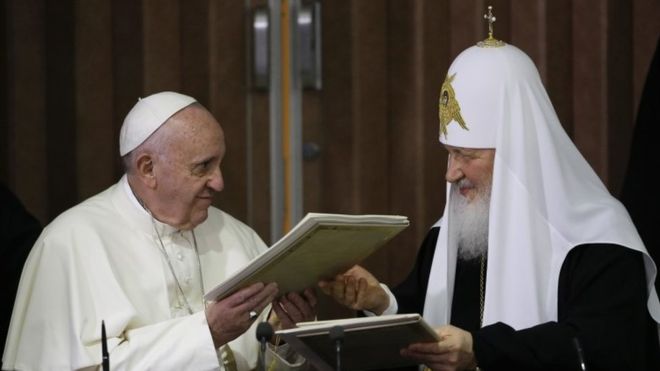
According to research done by Pew Research Center, in 2050, the demographic structure of the world will change considerably compared to today. This research predicts that the number of people who do not affiliate with any religion will decrease, whereas the number of Muslims and Christians will be nearly equal.[1] In this regard, if demographic changes proceed as predicted, a bipolar system with Christianity and Islam as the two dominant religions will emerge in 2050.
In accordance with these demographic changes, statements especially by Christian clergymen reveal that these possible changes has led the Christian world to unite and cooperate within itself on many historical and political issues. In other words, in the face of this demographic change, the Christian world embarked on a quest for solidarity and consolidation among itself. The latest and most concrete example of this is the meeting of the Orthodox Council in Crete in the previous weeks, which was last gathered in 843 in İznik, as a result of the Orthodox Churches putting aside their disagreements. Also, besides discussions on religious doctrines, the necessity and importance of the unity of the Christian world was emphasized in this meeting. Although Patriarch Kirill, the spiritual leader of Russian Orthodox Church, did not attend the meeting due to some disagreements, his statement “the Crete gathering is a preparatory session for a synod that will unite all the Churches without exception”[2] points out the importance of this Council.
Another indicator of cooperation among the Christian world is the meeting between Pope Francis and Patriarch Kirill, the spiritual leaders of the Roman Catholic Church and Russian Orthodox Church that have been separated for centuries. Following their meeting, both leaders stated that they, as co-religionists, discussed about the problems of Christians in the world and vital topics about future of humanity.’[3] In other words, both leaders, issuing a joint declaration, pointed out the problems of Christian minorities in different geographies, and decided the two churches that had disagreements for centuries to act together on several major issues. In addition, mentioning “ the sadness over the loss of [Christian] unity, the outcome of human weakness and of sin”, they emphasized the importance and necessity of solidarity among Christians. In brief, as it is understood from statements of the two spiritual leaders, the Christian world, which has been separated for centuries, is trying to unite.
Besides this meeting between the two leaders, Pope Francis of the Roman Catholic Church also took other various steps to unite Christian world, which is, according to him, unable to cope with problems and evil. Within this context, Pope Francis’ visit to Armenia on 24th -26th June is very important, as he and Karekin II of the Armenian Apostolic Church made joint statements in line with his drive for ecumenism. In their joint declaration, both leaders expressed their desire for the enhancement of relations between the two churches that would be followed by full unity, despite several divisions among the Christian world.[4] Previously, similar messages of solidarity were expressed when Pope Francis held meetings with Bartholomew I of the Greek Patriarchate of Istanbul.
In fact, the founding purpose of the World Council of Churches, which is the largest association of Christian churches, is to forge ecumenism (solidarity and unity amongst Christians). In connection with this, all efforts of the Council are aimed at ensuring effective cooperation and eliminating disagreements among Christian churches.
All of these show that the Christian world is working towards unity in order to eliminate the divisions among them. The main purpose of this unity is to ensure that the Christian world will act together as one bloc in 2050. Demographic projections with regard to the year 2050 plays a crucial role in the accelerated attempts to eliminate centuries-old divisions within Christianity, which is currently the world’s largest religion. However, several statements made in accordance with mutual interests has the potential to lead to disputes in terms of its effects on daily politics. One of the most important example of this pertains to Turkey. For instance, harassing Turkey has become one of the most preferred methods when discussing about downtrodden peoples in the Christian world and the necessity and importance of unity for the purpose of ecumenism. Various churches and their associations resort to the genocide narrative regarding the 1915 events without questioning it, and in fact, this narrative is latched onto the most by Pope Francis and the World Council of Churches. World Council of Churches has issued several statements highlighting the genocide narrative on the 1915 events. In one of such statements, the World Council of Churches indicated that “genocide” was the appropriate term to use for the 1915 events and that they would support Armenians accordingly. Furthermore, since 1983, the World Council of Churches has engaged in various activities related to the recognition and propagation of the so-called Armenian genocide, and, in fact, has declared its dissatisfaction with the verdict of the Perinçek v. Switzerland case seen at the European Court of Human Rights.[5] Besides the Council, Pope Francis also has propagated the genocide narrative by repeating the inaccuracies and clichés of this narrative. In response to this, officials from the Armenian Apostolic Church, although they belong to different Christian denominations, publicly has expressed their love and support for the Pope.[6] However what is important is the fact that efforts and statements by Christians with the purpose of eliminating centuries-old divisions and uniting all Christian have the potential to give rise to prejudices against Muslims, especially against Turks, in Europe and other parts of the world.
To sum up, if global demographic changes proceed as projected by Pew Research Center, in 2050, the number of Christians and Muslims will be nearly equal. In this regard, the Christian World Christian world is engaged in many activities in order to both eliminate divisions among themselves and to unite in accordance with changing demographics. Even though this is a positive development for the Christian world, one-sided statements on politics and history can lead to misunderstandings and prejudices. To be more precise, Christian World’s aim of unity, its constant mention of past and present troubles and its efforts to resolve them by virtue of belonging to the same faith are understandable behaviours. However, what is problematic is the fact that, despite constant mention of Christian sufferings, the sufferings of Muslims are not mentioned and are even ignored. Especially the events of 1915 is a case in point; although Pope Francis and World Council of Churches always mention the sufferings of Armenians, they never speak, in the same vein, of the fact that Muslims, who were under the same conditions in that period, had also suffered severely and lost their lives. Unfortunately, this attitude increases the bias and indifference towards Turks and Muslims in the world, especially in Europe. Furthermore, the fact that Christian churches, which strive for the identification Christianity with modern values, have teachings exclusive of secularism, and the fact that they give the impression that they take advantage of the rising Islamophobia, let alone oppose it, do not create optimism for the future.
*Photo: bbc.co.uk
[1] Pew Research Center, “The Future Of World Religions: Population Growth Projections, 2010-2050.”
[2] BBC News, “Orthodox Churches Council Opens On Crete Despite Russia’s Absence”, http://www.bbc.com/news/world-europe-36569416
[3] Mehmet Oğuzhan Tulun, “Papa Fransuva Ve Patrik Kiril’in Ortak Bildirisi ile ilgili Bir Değerlendirme”, http://avim.org.tr/tr/Yorum/PAPA-FRANSUVA-VE-PATRIK-KIRIL-IN-ORTAK-BILDIRISI-ILE-ILGILI-BIR-DEGERLENDIRME
[4] Mehmet Oğuzhan Tulun, “Papa Fransuva Ve Patrik Kiril’in Ortak Bildirisi ile ilgili Bir Değerlendirme”.
[5] Mehmet Oğuzhan Tulun, “Ermeni Sorunu Kilise Tarafından Dini ve Etnik Düşmanlığı Körüklemeye Alet Ediliyor”, http://avim.org.tr/tr/Yorum/ERMENI-SORUNU-KILISE-TARAFINDAN-DINI-VE-ETNIK-DUSMANLIGI-KORUKLEMEYE-ALET-EDILIYOR
[6] Oliver Maskan, ACN News, “We Armenians, no matter whether Catholic or Orthodox, love the pope”, http://members4.boardhost.com/acnaus/msg/1465183780.html
© 2009-2025 Center for Eurasian Studies (AVİM) All Rights Reserved
No comments yet.
-
 AN OVERVIEW OF THE YEAR 2024
AN OVERVIEW OF THE YEAR 2024
AVİM 31.12.2024 -
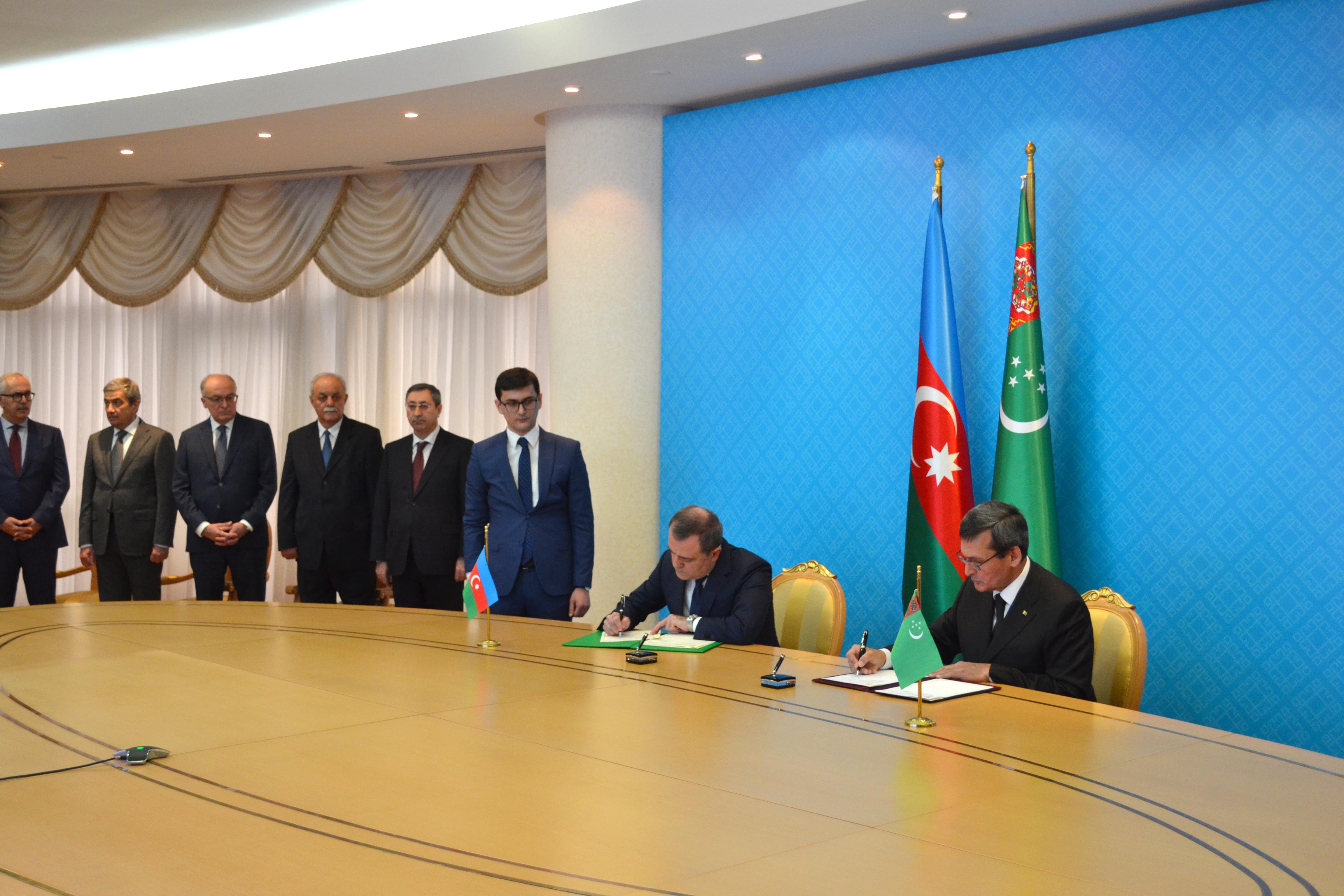 THE AZERBAIJAN-TURKMENISTAN AGREEMENT FROM A TURKISH PERSPECTIVE
THE AZERBAIJAN-TURKMENISTAN AGREEMENT FROM A TURKISH PERSPECTIVE
AVİM 11.02.2021 -
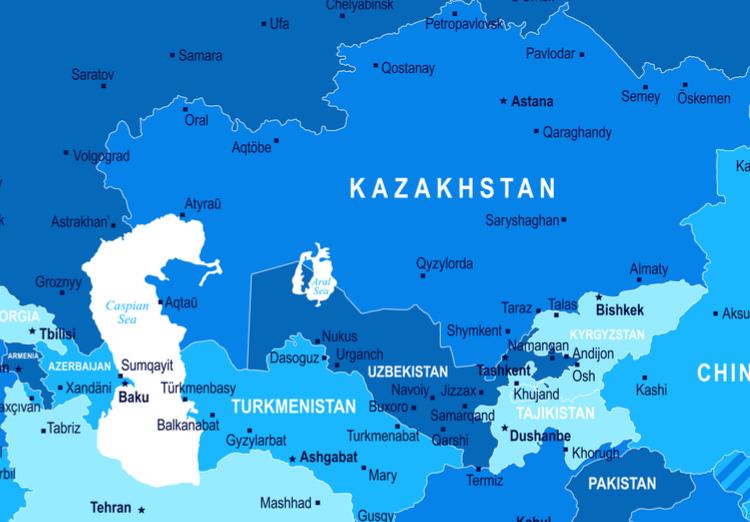 DOUBLE STANDARDS IN EU HUMAN RIGHTS DIALOGUE WITH CENTRAL ASIAN COUNTRIES RELEVANT TO ARMENIA
DOUBLE STANDARDS IN EU HUMAN RIGHTS DIALOGUE WITH CENTRAL ASIAN COUNTRIES RELEVANT TO ARMENIA
AVİM 16.04.2019 -
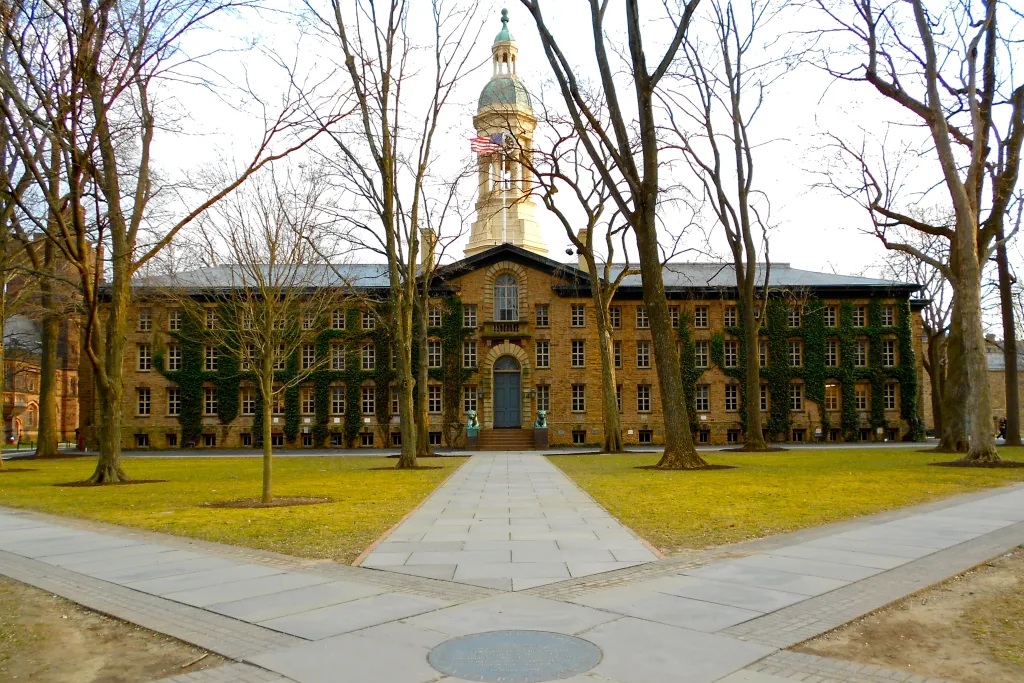 A DECEITFUL ATTEMPT TO TARNISH ATATÜRK’S LEGACY AT PRINCETON UNIVERSITY
A DECEITFUL ATTEMPT TO TARNISH ATATÜRK’S LEGACY AT PRINCETON UNIVERSITY
AVİM 09.10.2025 -
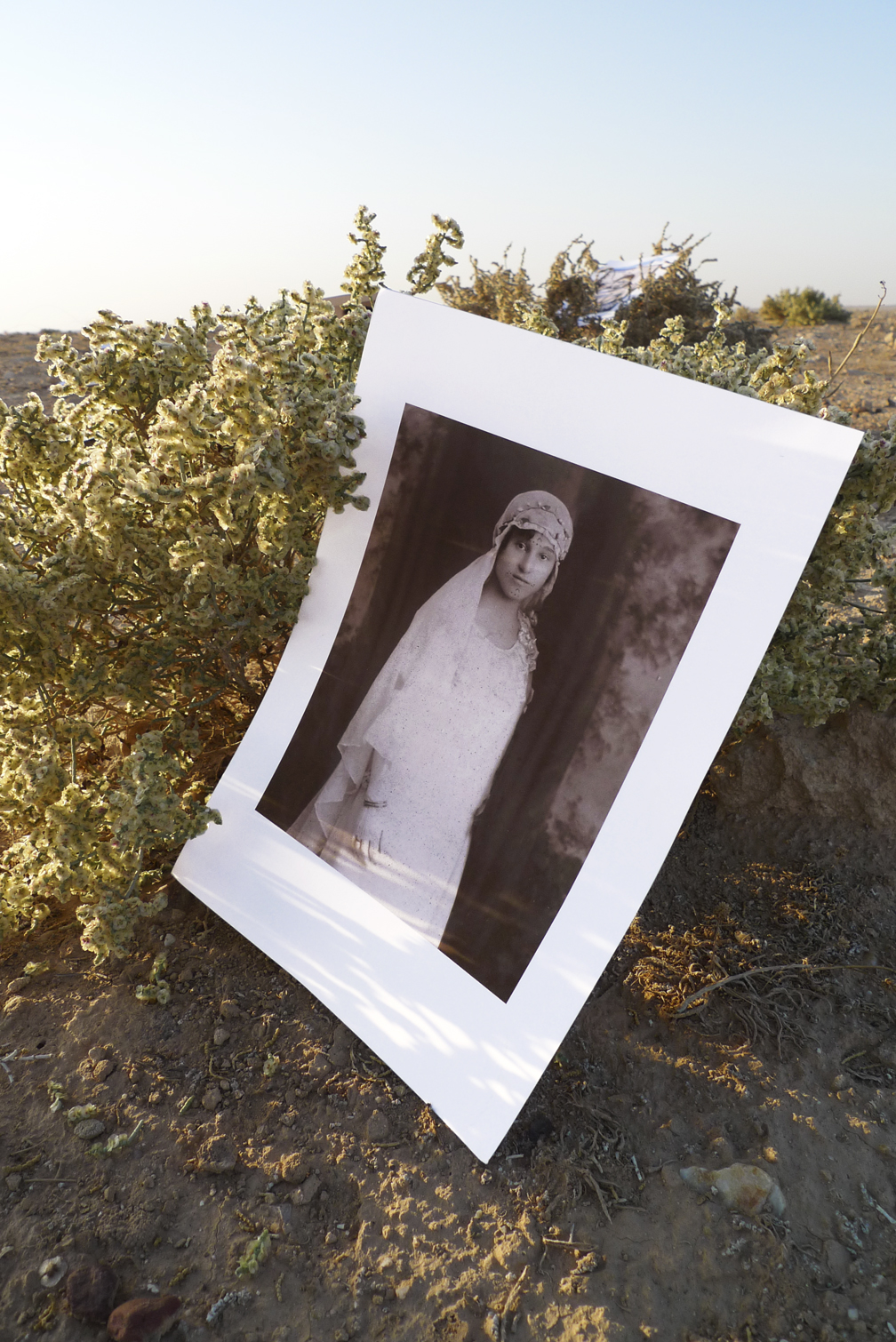 GRANDMA'S TATTOOS: ANOTHER FALSIFICATION
GRANDMA'S TATTOOS: ANOTHER FALSIFICATION
AVİM 08.12.2017
-
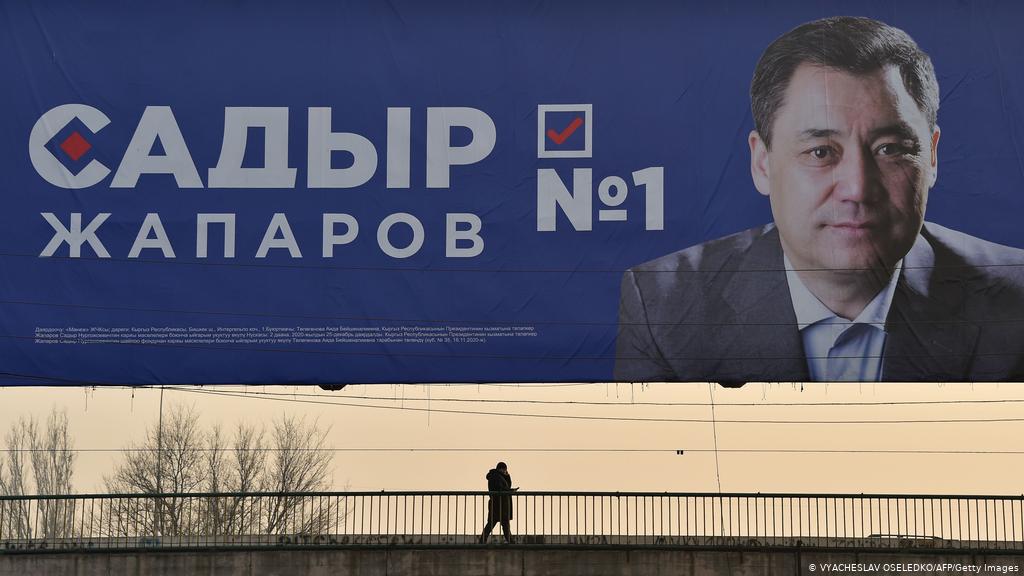 KYRGYZSTAN AFTER 10 JANUARY 2021 PRESIDENTIAL ELECTIONS AND CONSTITUTIONAL REFERENDUM
KYRGYZSTAN AFTER 10 JANUARY 2021 PRESIDENTIAL ELECTIONS AND CONSTITUTIONAL REFERENDUM
Turgut Kerem TUNCEL 21.01.2021 -
 INCOHORENCE OF THE WEST: ASSERTING A CLAIM OF GENOCIDE WITHOUT QUESTIONING THEMSELVES
INCOHORENCE OF THE WEST: ASSERTING A CLAIM OF GENOCIDE WITHOUT QUESTIONING THEMSELVES
AVİM 30.12.2019 -
 A DECEITFUL ATTEMPT TO TARNISH ATATÜRK’S LEGACY AT PRINCETON UNIVERSITY
A DECEITFUL ATTEMPT TO TARNISH ATATÜRK’S LEGACY AT PRINCETON UNIVERSITY
AVİM 09.10.2025 -
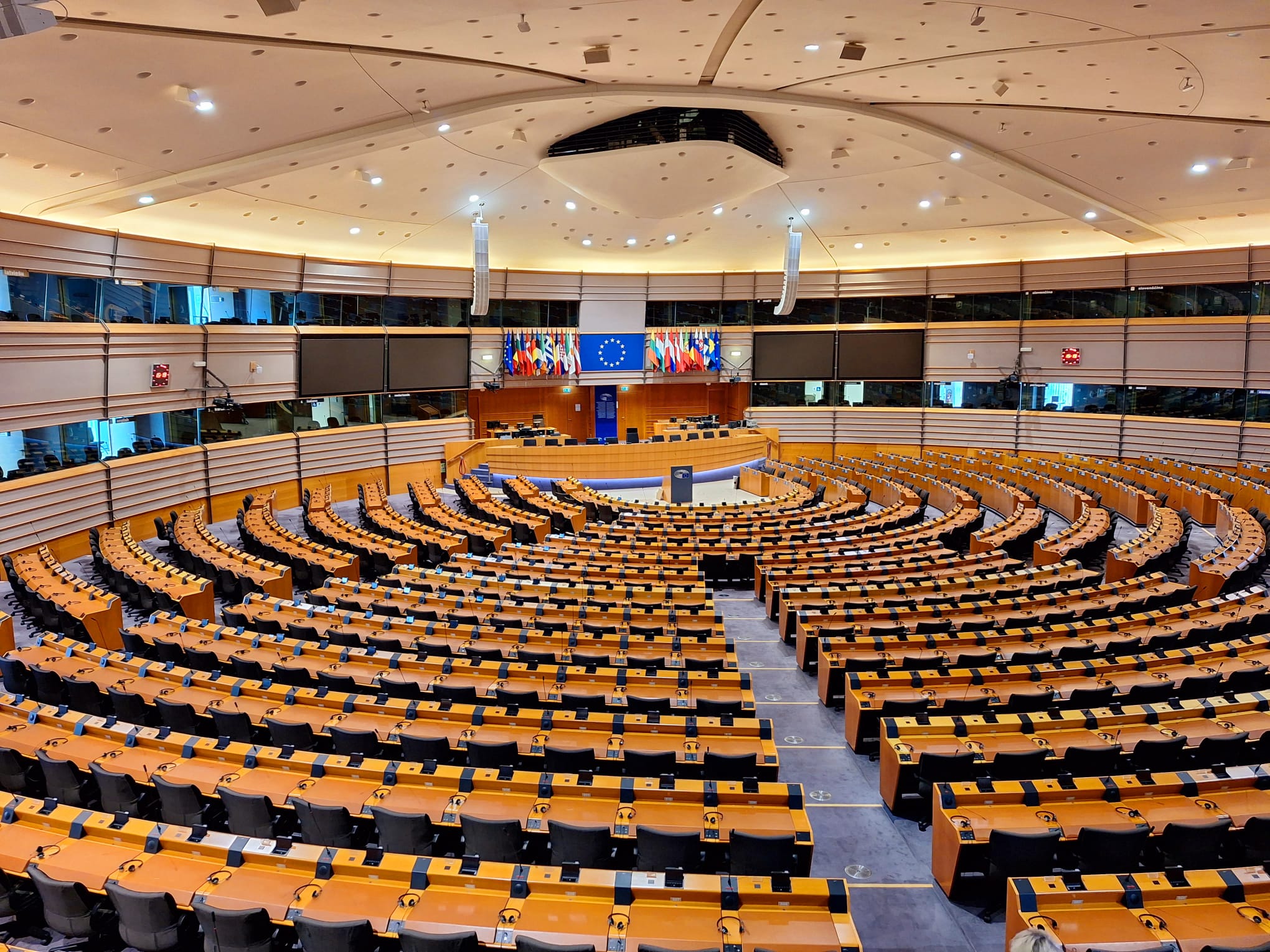 THE EUROPEAN PARLIAMENT’S DOUBLE STANDARDS IN ITS USE OF THE “GENOCIDE” CONCEPT: PERSPECTIVES ON THE 1915 EVENTS AND THE GAZA CRISIS
THE EUROPEAN PARLIAMENT’S DOUBLE STANDARDS IN ITS USE OF THE “GENOCIDE” CONCEPT: PERSPECTIVES ON THE 1915 EVENTS AND THE GAZA CRISIS
Hazel ÇAĞAN ELBİR 01.10.2025 -
 CONSTRUCTIVE EURASIANISM AND COOPERATIVE SECURITY: AVİM’S PERSPECTIVE ON THE BLACK SEA REGION
CONSTRUCTIVE EURASIANISM AND COOPERATIVE SECURITY: AVİM’S PERSPECTIVE ON THE BLACK SEA REGION
Teoman Ertuğrul TULUN 10.10.2025
-
25.01.2016
THE ARMENIAN QUESTION - BASIC KNOWLEDGE AND DOCUMENTATION -
12.06.2024
THE TRUTH WILL OUT -
27.03.2023
RADİKAL ERMENİ UNSURLARCA GERÇEKLEŞTİRİLEN MEZALİMLER VE VANDALİZM -
17.03.2023
PATRIOTISM PERVERTED -
23.02.2023
MEN ARE LIKE THAT -
03.02.2023
BAKÜ-TİFLİS-CEYHAN BORU HATTININ YAŞANAN TARİHİ -
16.12.2022
INTERNATIONAL SCHOLARS ON THE EVENTS OF 1915 -
07.12.2022
FAKE PHOTOS AND THE ARMENIAN PROPAGANDA -
07.12.2022
ERMENİ PROPAGANDASI VE SAHTE RESİMLER -
01.01.2022
A Letter From Japan - Strategically Mum: The Silence of the Armenians -
01.01.2022
Japonya'dan Bir Mektup - Stratejik Suskunluk: Ermenilerin Sessizliği -
03.06.2020
Anastas Mikoyan: Confessions of an Armenian Bolshevik -
08.04.2020
Sovyet Sonrası Ukrayna’da Devlet, Toplum ve Siyaset - Değişen Dinamikler, Dönüşen Kimlikler -
12.06.2018
Ermeni Sorunuyla İlgili İngiliz Belgeleri (1912-1923) - British Documents on Armenian Question (1912-1923) -
02.12.2016
Turkish-Russian Academics: A Historical Study on the Caucasus -
01.07.2016
Gürcistan'daki Müslüman Topluluklar: Azınlık Hakları, Kimlik, Siyaset -
10.03.2016
Armenian Diaspora: Diaspora, State and the Imagination of the Republic of Armenia -
24.01.2016
ERMENİ SORUNU - TEMEL BİLGİ VE BELGELER (2. BASKI)
-
AVİM Conference Hall 24.01.2023
CONFERENCE TITLED “HUNGARY’S PERSPECTIVES ON THE TURKIC WORLD"









